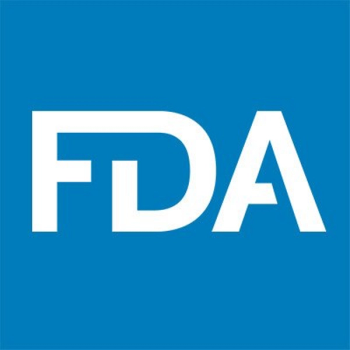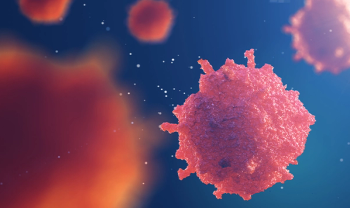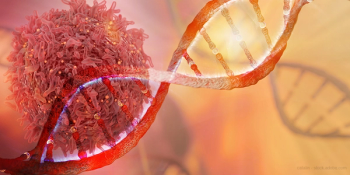
The Role of ‘Next-Gen’ Sequencing in Pediatric Cancer
Because the mutational burden and the genetic characteristics of children are different from adults, pediatric cancer should be diagnosed and treated differently. Here’s how.
Pediatric cancer is different from the disease as it presents in adults. That’s because cancer is typically caused in adults by exposure to “a lifetime of assaults from the environment,” says Tim Triche, MD, a pathologist and co-director of Children’s Hospital Los Angeles’ Center for Personalized Medicine Program.
In adults, the environmental factors can include anything from drinking too much alcohol or working in a uranium mine. With children who have cancer, the disease originates due to events that can occur during their development that set the stage for the development of a tumor that occurs shortly after birth, says Triche.
Because the mutational burden and the genetic characteristics of children are different from adults, Triche says pediatric cancer should be diagnosed and treated differently.
Genetic testing
Genetic testing can help. While DNA sequencing has been in use for decades, what he calls “next-gen” sequencing-where tumor tissue samples for dozens or hundreds of genes are sequenced at once-is different. The newer form of DNA sequencing can be done in hours as opposed to days, while leveraging “enormously greater amounts of data,” he says.
According to Triche, molecular genetic testing has been embraced by oncologists. For adults, there’s a large clinical trial organized by the National Cancer Institute (NCI) called NCI Match (Molecular Analysis for Therapy Choice). NCI announced in June that the study offers “findings of interest for future cancer research that could ultimately play a role in bringing targeted treatments to patients with certain gene abnormalities, regardless of their cancer type.”
Related article:
Triche, who also works on adult cancers, worked with Waltham, Massachusetts-based biotechnology company
OncoKids addresses the different genetic features of childhood cancer, given that the causes of their cancer aren’t environmental. It’s been a “very big success,” says Triche, noting that all of Children’s Hospital Los Angeles’ oncologists have adopted the OncoKids genetic sequencing panel and adoption is spreading to oncologists at other facilities as well.
Testing using OncoKids is not reimbursed by payers, he says. This will change as its clinical utility and adoption are documented. The end result is lower costs and improved outcomes. These are the most important metrics used by public and private payers in deciding to reimburse providers for services, says Triche.
Children’s Hospital of Los Angeles has applied to Medi-Cal, the state’s Medicaid program, for coverage, which will help. He’s also optimistic due to CMS’
While securing reimbursement for diagnostics such as OncoKids is a challenge, Triche says that the cost of these types of testing platforms is an important part of the “cost of doing business in healthcare.” He says that provider executives should be mindful to adopt assays that identify eligible patient populations and exclude those that aren’t eligible for treatment regimens.
Consider, for example, the cost-benefit ratio of an assay that costs a few thousand dollars in the context of some of the new
Newsletter
Get the latest industry news, event updates, and more from Managed healthcare Executive.























